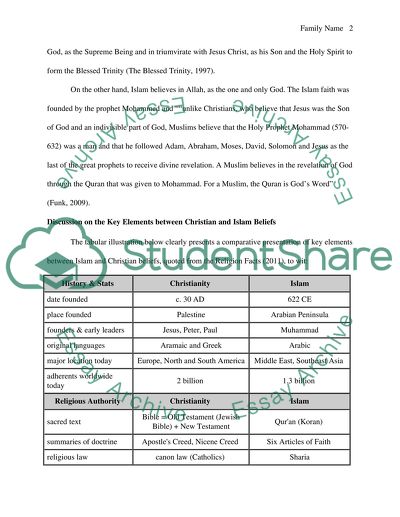Cite this document
(Islam and Christian Beliefs Case Study Example | Topics and Well Written Essays - 1500 words, n.d.)
Islam and Christian Beliefs Case Study Example | Topics and Well Written Essays - 1500 words. https://studentshare.org/religion-and-theology/1575475-religion-class
Islam and Christian Beliefs Case Study Example | Topics and Well Written Essays - 1500 words. https://studentshare.org/religion-and-theology/1575475-religion-class
(Islam and Christian Beliefs Case Study Example | Topics and Well Written Essays - 1500 Words)
Islam and Christian Beliefs Case Study Example | Topics and Well Written Essays - 1500 Words. https://studentshare.org/religion-and-theology/1575475-religion-class.
Islam and Christian Beliefs Case Study Example | Topics and Well Written Essays - 1500 Words. https://studentshare.org/religion-and-theology/1575475-religion-class.
“Islam and Christian Beliefs Case Study Example | Topics and Well Written Essays - 1500 Words”. https://studentshare.org/religion-and-theology/1575475-religion-class.


